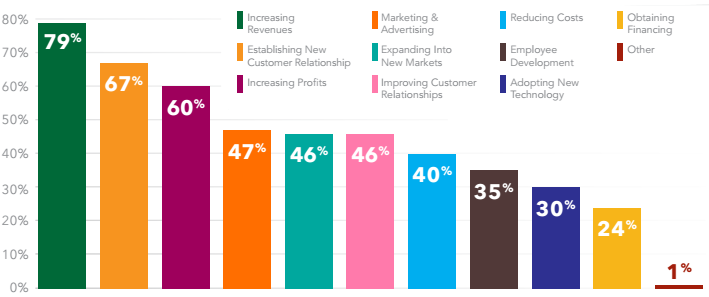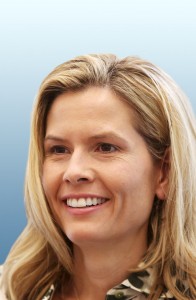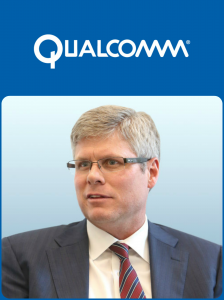Picking Up and Running With Your Dreams
Alastair Mitchell is the chief executive of Huddle, a cloud-based collaboration software company co-headquartered in London and San Francisco. In a recent interview with Adam Bryant of the New York Times, Mitchell spoke about his early management lessons, how to handle tough situations, and advice for college students. Here are some of the key points from the interview:
- Learn how to empower people and give positive feedback: “knowing when to let them take risks and when not to criticize them too hard if things go wrong. You have to back them up and then say, That didn’t work, so how are we going to improve it next time?”
- When faced with difficult decisions, what would we regret not doing in life?: “What would happen if I were to walk out across from your building and cross the street, and a big red bus is coming the other way and I don’t see it. In that brief moment before it hits me, what would be the thing that I would regret not doing? Whenever I’m faced with difficult decisions, I always apply the big red bus test. Instinctively, people know the right answer, but it can be buried under so many layers of doubt and questions. Starting my own business came from one of those moments. ”
- Motivate yourself and think outside of the box: “I look for people who think big, who are motivated and who have the entrepreneurial instinct. In my questioning, I’m looking for almost the rough edges — the things on their résumé that look different or reveal an inner drive.”
- Trust who you are and listen to your gut: “Go big or go home. And just trust yourself. Whatever your gut instinct is, you’ll probably be right seven or eight times out of 10. So just go with your gut. What you’ll regret more is the fact that you haven’t gone with your gut. ”
Click here to view the full article from the New York Times.











